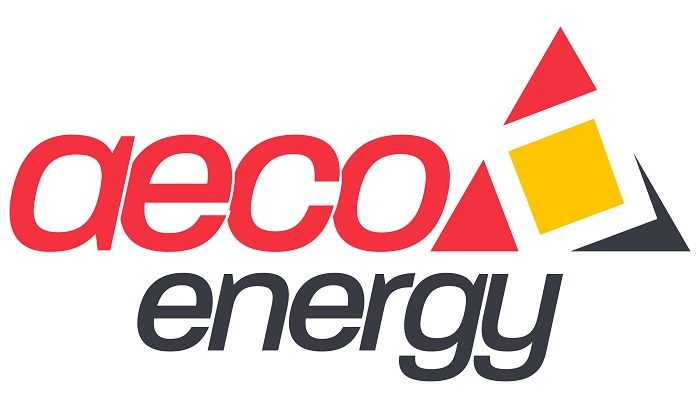By Alan Jones
Covid-19 has intensely tested the resilience, agility and adaptability of Singapore’s businesses. Many have been confronted by the inevitable reality of having to draw their shutters for the final time. In April last year alone, a total of 3,771 business entities closed with another 4,892 in the process of shutting down at the time. And, it is difficult to meaningfully comprehend its impact on society.
As we now enter a heightened alert for Phase 3, it is no longer a question of when the economy will recover or when the pandemic will fizzle out, but one of business adaptation for the foreseeable future. Covid-19 is here to stay, and businesses must learn to adapt.
To survive this continued uncertainty, businesses need to find ways to evolve and operate at a “new optimal” capacity, just as we are now accustomed to virtual meetings and working from home as natural and “new normal” ways to do business. Technology and adaptive thinking are not only needed, but are required for businesses to embrace in these times.
The pandemic has caused a reassessment of what a business means. Does it need to operate from a centralised office? Do we really need to have paper-based forms and frequent face-to-face meetings? For a business to survive, one must revisit previous business practices, business assumptions and unearth cost savings.
Reinventing Business
The current situation provides businesses the opportunity to rethink how they do business, what tasks and skills are critical to business success and how increased profits may be achieved by rethinking how tasks are done, how and by whom. For example, examining what are the core business metrics, task specialisations and reviewing specialised outsourcing or automation of non-core business functions such as electricity management to experts and specialists. This entails leveraging technology and external experts to increase business health and efficiency.
Lowering transaction costs provided by technology and electronic communication have enabled specialised technology platforms for business automation of common problems. Software-as-a-Service giants such as Microsoft, Amazon Web Services, Salesforce, Xero, or niche providers such as HR firms or IT security providers have provided companies with new opportunities to automate and outsource all kinds of business functionalities in the cloud.

Electricity and energy management are often overlooked or taken for granted as being large sunken costs or costs without much control for any business. With the dynamic Open Electricity Market (OEM), if effectively managed, these costs can become an unrealised and ongoing saving opportunity.
In 2020, Singapore’s electricity spot market varied by 68 percent[1]. In a maturing OEM like Singapore’s, this disparity and fluctuation is only to be expected. Traditional purchasing teams are typically not equipped to deal with a dynamic electricity market, as their processes and practices were designed with regulated prices. Even buying once a year or every two years with a new contract isn’t really monitoring the market.
Online cloud-based solutions now exist for businesses to start to manage electricity expenditures better, and automation solutions that offer information and data-led analytics can help. Like an online trading platform, they can provide businesses with access to pricing and customised information – all online and in one place. Automated triggers to start buying cycles of tenders and auctions for new electricity contracts. Alerts to buy ahead of time when prices are low. Platforms of this nature are starting to emerge around the world and are now available in Singapore.
However, many businesses find that it is impractical to hire in-house specialists to manage these operational details, hence outsourcing management or subscribing to access to such data can prove highly beneficial. The next step is therefore to identify the right partner to work with and look at which aspects of the business you can outsource.
The Right Partner
When looking at outsourcing, it is important to find a suitable partner that has the right technology and resources and relevant expertise to help make your business more profitable and efficient.
Making electricity management smarter doesn’t need to take a village – it just requires data analytics and market expertise. By having a trove of data interpreted by experts or presented in ways that give you a bird’s eye view of the market, businesses are equipped to lock-in their next electricity contract with constant pricing awareness. But, of course, while pricing awareness is important, it is also vital to know the savings that businesses can derive when buying electricity.
Built to Last
Beyond simply deriving cost savings, driving a sustainable business remains top-of-mind for many businesses. In fact, approximately 700 listed entities on the Singapore Stock Exchange (SGX) require Annual Sustainability Reports. In Singapore, according to the Energy Market Authority, in 2020, renewables currently only make up at most 3% of energy generation at 384.1MW peak (maximum sunlight). Working with the right partners can be useful to adopt alternative ways to achieve sustainability goals in a landscape that may not necessarily offer it at a particular point in time.
For example, partners that have direct relationships with renewable energy providers and generators are then more likely to offer long-term fixed rate supply contracts that enable businesses to procure Renewable Energy Certificates (RECs) at the lowest possible cost. This then helps businesses become more sustainable without breaking the bank. Having an intermediary partner with access to these networks allows businesses to benefit from long-term, fixed price and low-cost renewable energy.
As we continue to adapt and embrace life in the middle of a pandemic and beyond, businesses need to future-proof their business while not compromising on key social responsibilities like sustainability. There’s more than one way to achieve this and, importantly, businesses need to understand they’re not alone. The right partner can be the key difference between closing their doors and thriving long into the future.
Alan Jones is the CEO & Founder, AECO Energy

